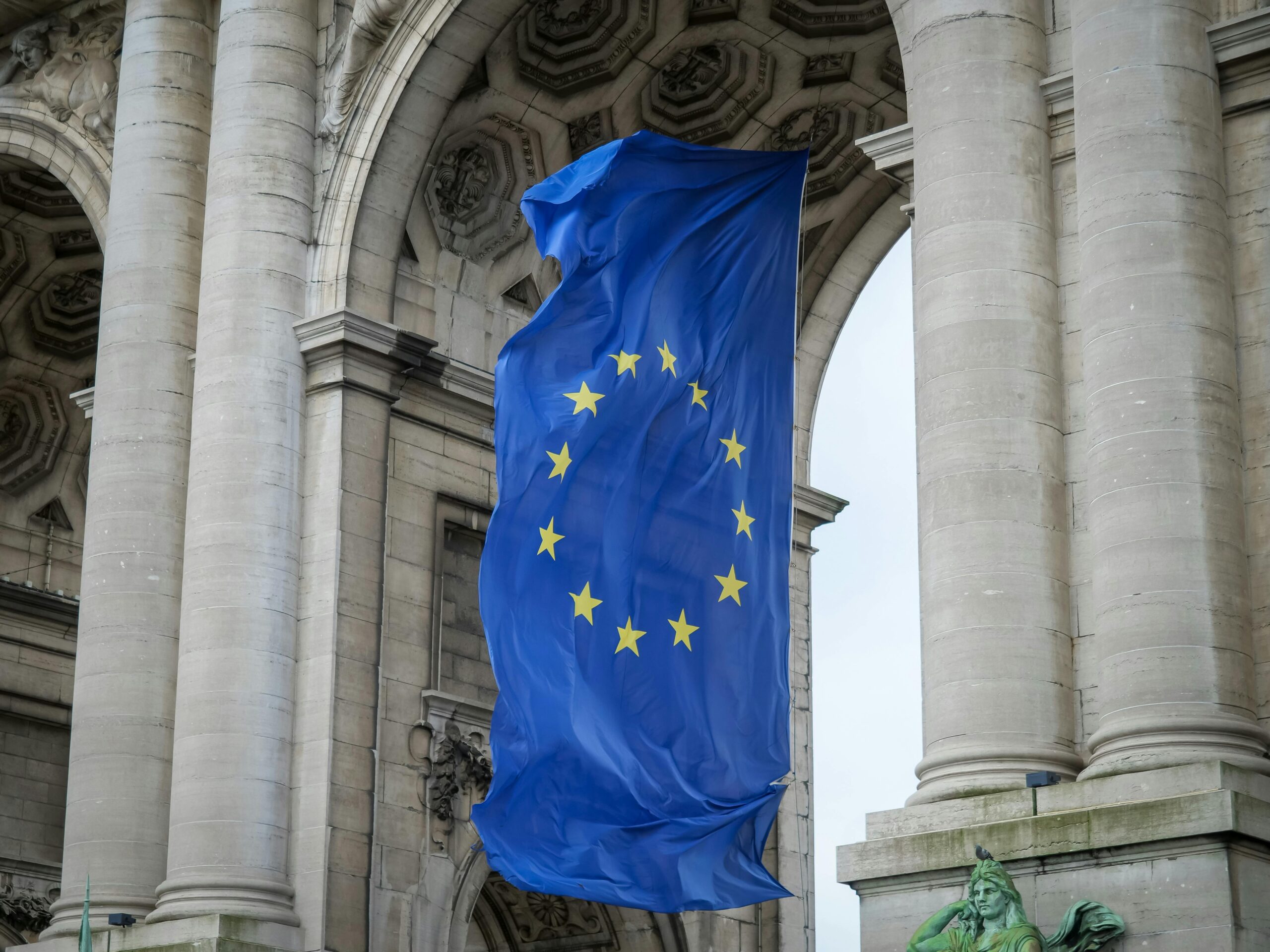
Tech giants Google and Meta have voiced their concerns over the European Union’s strict regulations on artificial intelligence (AI), arguing that such measures could stifle innovation in the region. The criticism comes as the EU continues to enforce its AI Act, a comprehensive legal framework established by the European Commission in April 2021. This Act was introduced before the advent of groundbreaking AI technologies like OpenAI’s ChatGPT, which launched in November 2022. Executives from these major tech companies argue that the EU’s stringent approach to AI regulation, in contrast to the U.S.’s more flexible stance, could be detrimental to Europe’s technological advancement.
Concerns Over Fragmented Regulations and Hiring Challenges
Kent Walker, Google’s president of global affairs, described the EU’s code of practice for general-purpose AI models as a “step in the wrong direction.” According to Walker, the fragmented nature of Europe makes it challenging for companies to hire across multiple countries, thereby complicating operations for tech businesses. Luke Pappas, another tech executive, echoed this sentiment, stating, “Europe is a fragmented place, and what you want to do is [to] be able to hire across any country.” Pappas emphasized that standardizing processes like equity distribution could significantly help streamline operations.
The AI Act aims to create a regulatory framework ensuring the responsible use of AI technology. However, some industry experts argue that this approach is overly dramatic compared to the United States. Antoine Moyroud, a partner at Lightspeed Venture Partners, expressed his belief that the EU’s strategy is more severe than necessary. Meanwhile, the U.S. has been fostering AI innovation through initiatives such as the $500 billion Stargate investment project, which promotes a more optimistic outlook on AI development.
Meta’s Struggles with AI Product Rollouts in Europe
Chris Yiu, Meta’s director of public policy, highlighted the sluggish rollout of AI products in Europe due to regulatory hurdles. Meta’s Ray-Ban branded glasses faced delays because of the EU’s stringent data privacy framework, GDPR. Yiu pointed out that the “net result of all of that is that products get delayed or get watered down and European citizens and consumers suffer.” Meta criticized the AI Act for imposing “unworkable and technically unfeasible requirements,” arguing that these regulations hold back Europe’s AI industry.
Executives from Google and Meta are urging the EU to think beyond GDPR and the AI Act to foster technological success stories that can excite and inspire people about AI’s potential. They stress the importance of creating policies that promote business while ensuring technology is applied responsibly. Dorothy Chou, another industry expert, remarked, “I think what we need to do is both regulate to ensure that there is responsible application of technology, while also ensuring that the industry is thriving it all the right ways.”
“There is a way to use policy to create a better investment environment when it’s done in a way that promotes business,” – Dorothy Chou
The EU’s 28th regime offers an alternative regulatory pathway for tech companies by allowing them to set up public limited liability companies across member states. However, venture capitalists investing in European tech startups have criticized the complex regulatory compliance burdens that their portfolio companies face. These challenges are seen as significant impediments to growth and innovation.
“I think what’s difficult is when you are regulating on a time scale that doesn’t match the technology,” – Dorothy Chou
As Big Tech firms ramp up their lobbying efforts against the EU’s approach to tech regulation, there is a clear call for reevaluating Europe’s AI policies. The current regulatory landscape may hinder Europe from competing effectively on the global stage, especially when faced with more flexible environments like that of the United States.
“the process of giving equity cross border in Europe is not very easy,” – Luke Pappas
What The Author Thinks
The criticism of the EU’s AI regulations by Google and Meta underscores the tension between stringent oversight and the need for innovation. While the AI Act aims to ensure safety and fairness, it risks creating regulatory barriers that hinder progress in a rapidly evolving sector. If the EU hopes to remain competitive with regions like the U.S., it must strike a balance between responsible regulation and fostering an environment that nurtures technological growth and global investment.
Featured image credit: Petrit Nikolli via Pexels
Follow us for more breaking news on DMR
